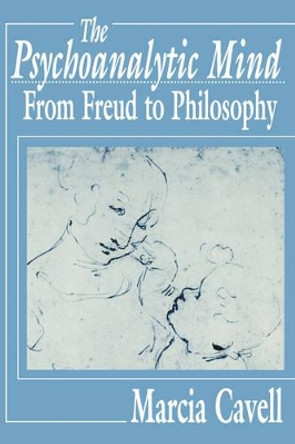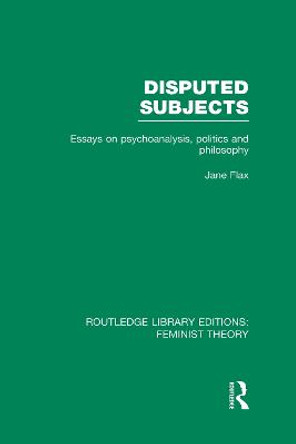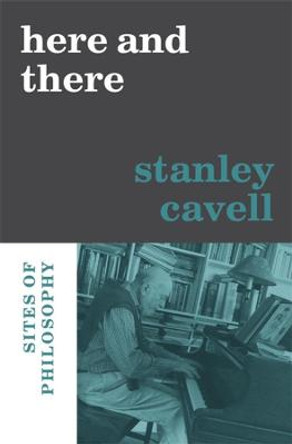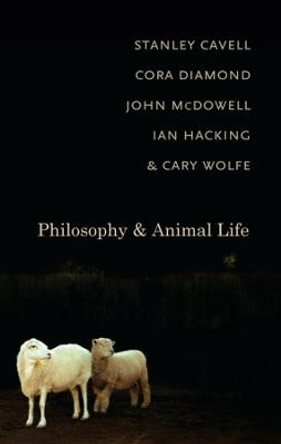Marcia Cavell draws on philosophy, psychoanalysis, and the sciences of the mind in a fascinating and original investigation of human subjectivity. A 'subject' is a creature, we may say, who recognizes herself as an 'I', taking in the world from her own subjective perspective; who is an agent, doing things for reasons, sometimes self-reflective, and able to assume responsibility for herself and some of her actions. The idea of a 'subject' points, then, toward an ideal. It asks for the conditions under which a human infant becomes a subject, and for the sorts of things, like self-deception and massive anxiety, that get in the way. What sorts of questions are these? Certainly philosophical. They burrow into central issues in moral philosophy: freedom of the will, the 'self', self-knowledge, the relations between reason and passion, between autonomy and self-knowledge, issues that form roughly the second half of the book. They lead also into metaphysics and epistemology: Is subjectivity incompatible with objectivity? Are subjects not also objects in the real world? As such, how are they to be treated? Would it be possible, in theory, for a creature to become a subject in the absence of relationships with other subjects? But the questions are also practical. In particular they are at the heart of psychoanalysis both as a theory of the mind, and as a therapy which aims at maximizing the ideals of autonomy and self-knowledge implicit in the very idea of a 'subject'. One of the guiding premises of Becoming a Subject is that philosophical investigation into the specifically human way of being in the world cannot separate itself from investigations of a more empirical sort. Cavell brings together for the first time reflections in philosophy, findings in neuroscience, studies in infant development, psychoanalytic theory, and clinical vignettes from her own psychoanalytic practice.
ReviewsReview from previous edition Philosophers sceptical about the claims or use of psychoanalytic theory will do well to look particularly at the first two chapters ... Four central ideas -- central to psychoanalysis and central to understanding the self -- emerge as important for philosophers to note: the prevalence of unconscious mental functioning; the implications of different forms of memory; the importance of anxiety and defence; and the way the past constantly informs the present ... [The book is] rich in ideas, and both philosophers and psychoanalysts will find insights that inspire new thoughts and new directions of thought. * Notre Dame Philosophical Reviews *
AwardsWinner of Finalist for the Goethe Awards 2007.
Book InformationISBN 9780199287093
Author Marcia CavellFormat Paperback
Page Count 194
Imprint Oxford University PressPublisher Oxford University Press
Dimensions(mm) 234mm * 156mm * 12mm










